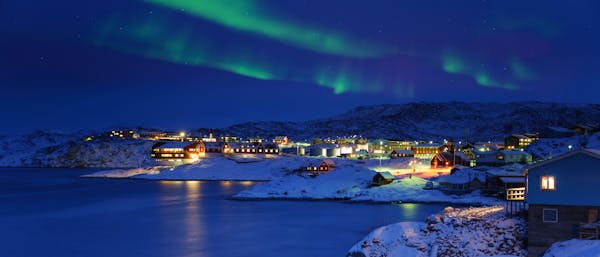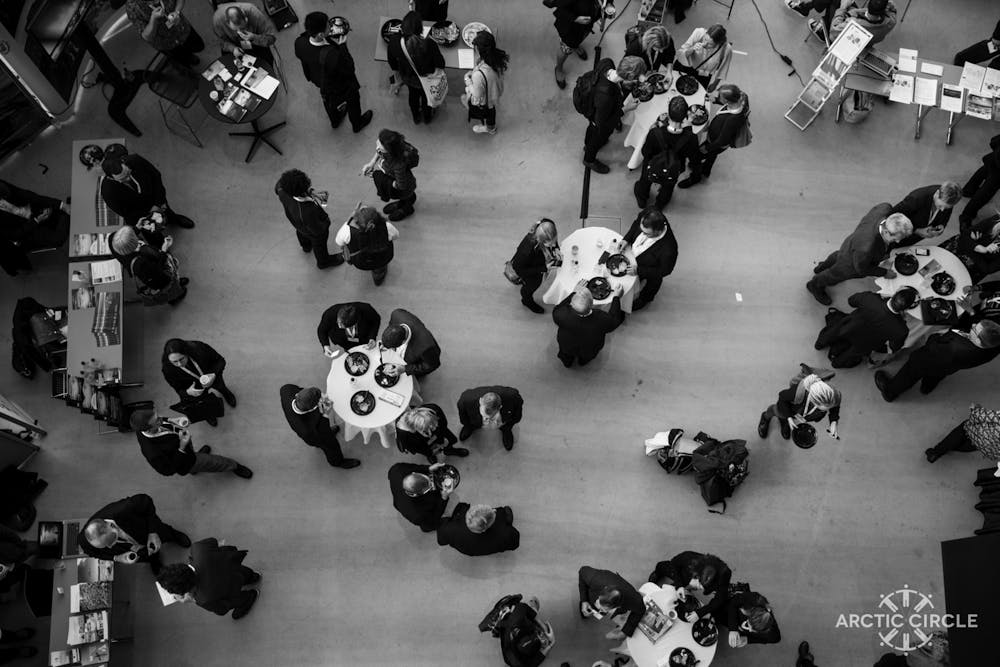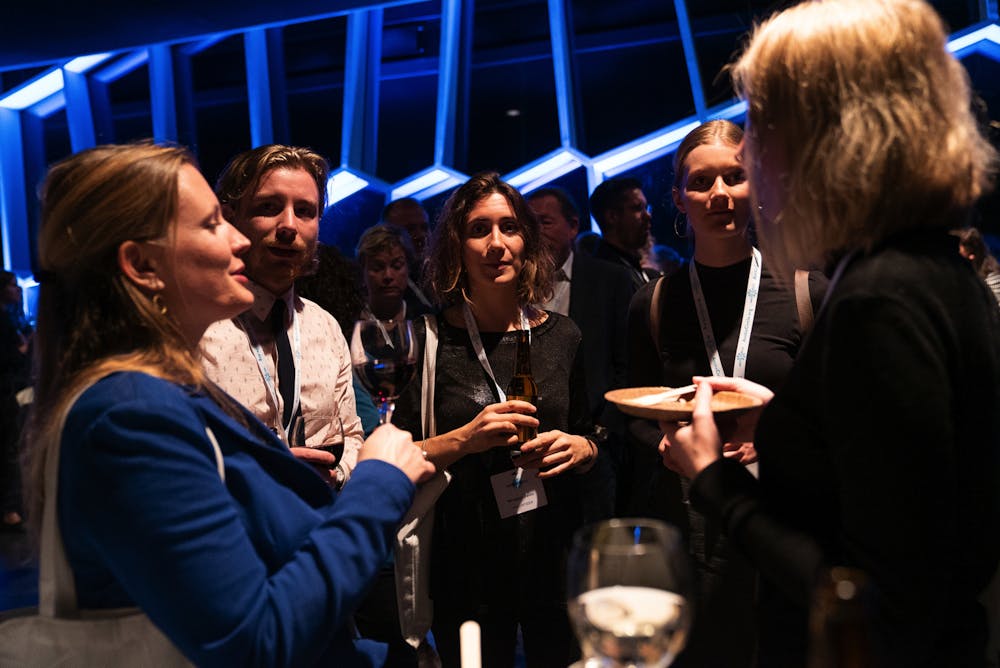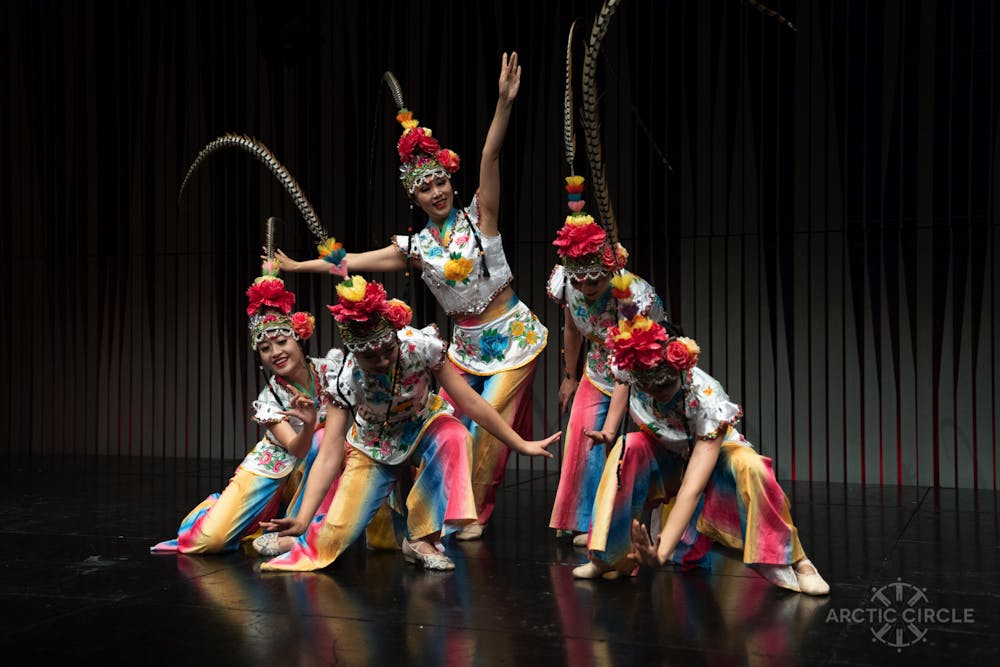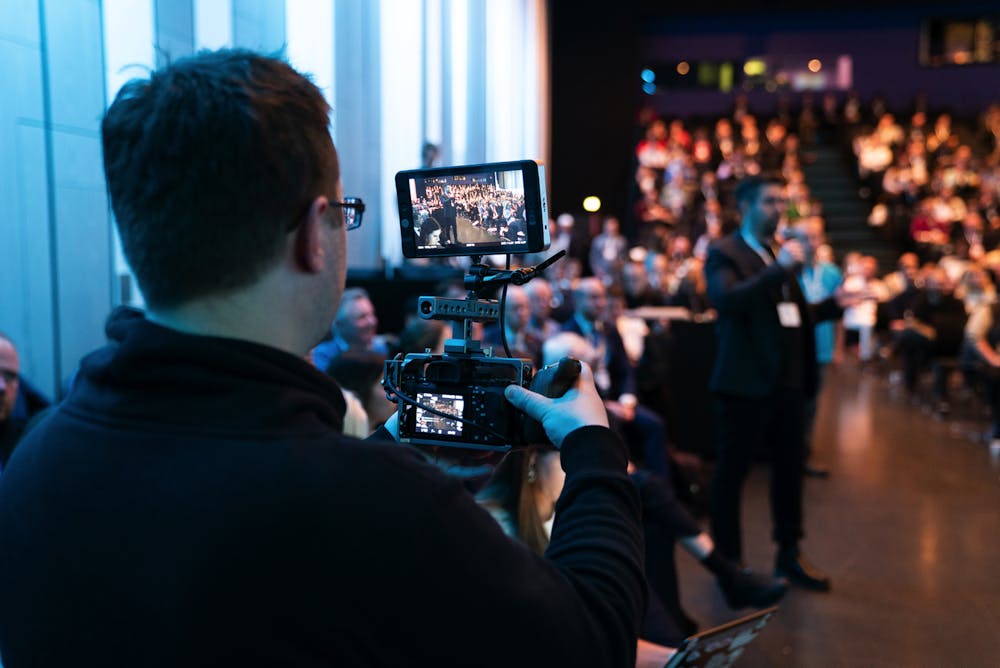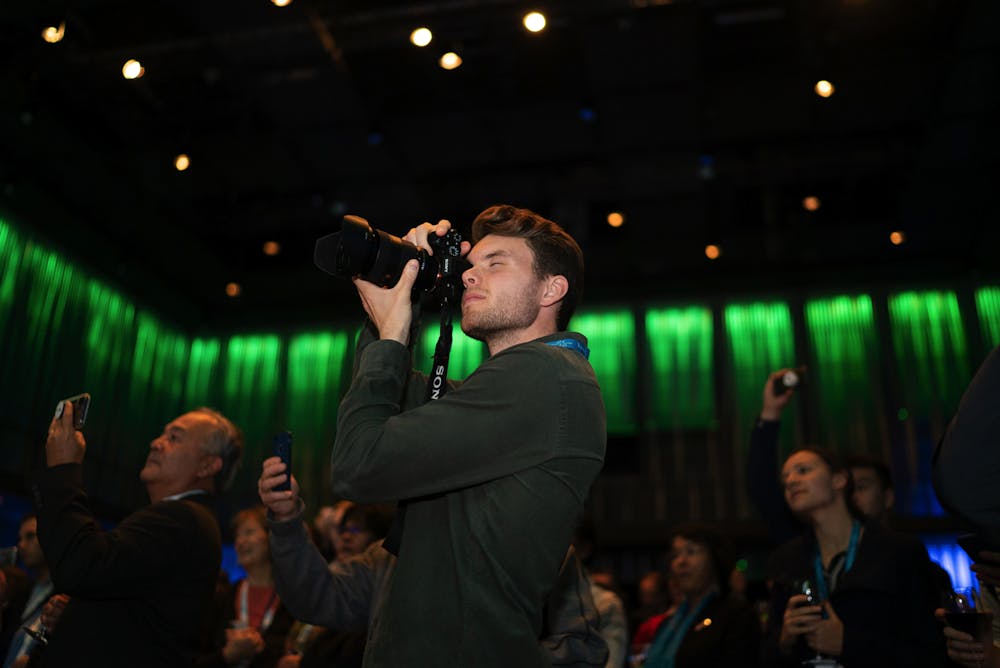JOURNAL
The Journal publishes statements, notes, memorandums, essays, short reports and other texts of relevance to the Arctic and our interconnected world. It provides insights, understanding and new information.
The material represents the opinions of the authors but not those of Arctic Circle.
For further information on how to submit entries please contact secretariat@arcticcircle.org.

Articles
Art Meets Science in Iceland’s Westfjords
Global environmental change puts increasing pressure on Arctic ecosystems and the people dependent on them. Science, alongside other forms of knowing, has multiple roles to play in detecting, discussing, and responding to these changes. We explored these roles through a collaboration of arts and social sciences in the Icelandic Westfjords. Here, we describe our approach, explain the transdisciplinary process from the perspectives of a visual artist and a social scientist, and reflect on the potential of art-science collaborations in a changing Arctic.
By Dr. Benjamin Hofmann & Elisa Debora Hofmann
Reclaiming Truth – A Sámi Perspective on Norway’s Apology and the Path to Reconciliation
The Norwegian Parliament, the Storting, in November 2024 offered an apology for the historical injustice of forced assimilation of the Sámi, the Kvens/Norwegian Finns and the Forest Finns. This marks a solemn milestone in the story of reconciliation in Norway. It is a significant step, but apologies alone do not repair the broken trust caused by decades of systematic marginalization. Reconciliation is not a singular event but an enduring commitment to justice, equity, and the restoration of rights.
As President of the Sámi Parliament, I reflect not only on the symbolic value of this apology but also on its practical implications for our people. For the Sámi, reconciliation must address the deep wounds inflicted by the assimilation policies of the past—policies that targeted our language, culture, and livelihoods. It must also confront the structural inequalities that continue to impact Sámi communities today. This is the true measure of reconciliation: whether it empowers Sámi people to reclaim their identity, language, culture and assert our rights.
By Silje Karine Muotka, President of the Sámi Parliament in Norway
Social Interaction in Arctic Science Diplomacy
The central role of science diplomacy in Arctic governance necessitates careful reflection on the social organization of such diplomacy. To leverage the collective expertise of Arctic networks, we need to better understand the social lives of these networks: how they work at the level of interpersonal interaction alongside institutional procedure. To do so, we must consider not only the content of what is said but also the context in which it is said: the social milieu of the discussion and the dispositions that underpin it. Thought and action happen in context: the structuring of the context enables particular kinds of thought and action.
This essay foregrounds the intangible resources like curiosity or trust that can facilitate inclusive, constructive, and indeed creative discussions in Arctic networks. I will first accentuate these facets of Arctic science diplomacy that transcend traditional profession-based understandings of expertise, I will then highlight the value of curiosity and trust in Arctic networks, and I will finally underscore the practical import of the argument. The piece is about science diplomacy but not of science diplomacy; it is a social science argument that blends multiple academic fields with my long-term ethnographic or ‘peopled’ study of diplomatic expertise. My goal is not to make policy recommendations but to invite further reflection on the set up and ethos of Arctic science diplomacy. The networks in focus here are those that bridge science and diplomacy, but the implications extend to Arctic governance more broadly.
By Dr. Merje Kuus
How Climate Change, Colonialism, and Our Right to Education as Indigenous Peoples in the Arctic are Deeply Intertwined
It is important that the traditional knowledge and education systems that are already in place in Indigenous communities are protected and supported. We need to educate about the colonial events from Indigenous standpoints, to be able to acknowledge how historical events are still present in contemporary structure—that these are not mere concepts, but the reality of our lives.
By Miyuki Qiajunnguaq Daorana (Inuit) & Charitie Ropati (Yupik)
Science Diplomacy in and for the Arctic: Opportunities in Turbulent Times
By Marie Anne Coninsx, Senior Associate Fellow, Egmont Institute - Royal Institute for International Relations (Belgium) and First EU Ambassador at Large for the Arctic
Science, research and innovation play a key role in increasing our knowledge of the Arctic, in understanding the changes of the region and hence in contributing to providing policy responses to the huge challenges it is facing. It is an illustration of the importance of science diplomacy. Science diplomacy has different dimensions. This article will address how science contributes to evidence-based policymaking in turbulent times.
While science and technology play an increasingly important role in the geopolitical arena, it has been claimed that science diplomacy in the Arctic has been severely impacted by geopolitics. Though some negative effects are clearly observable, it is worthwhile to assess the real dimension of the impact of reduced scientific cooperation with Russia. Indeed, a closer look at recent developments demonstrates that current geopolitics did create new opportunities for science diplomacy in and for the Arctic, which cannot be neglected.Rethinking Arctic Peace and Stability: Moving from Speculation to Reaffirming Commitments
Arctic geopolitics and security are defined by a cooperative aspect, which differentiates them from the mainstream interpretation of challenges and speculation of potential threats. This cooperative aspect is supported by shared interests among the Arctic States and Indigenous Peoples and made possible by the specific features of Arctic geopolitics, security and governance. They form a foundation for the continuation of cooperation across borders, if there is a political will among the relevant parties.
By Lassi Heininen
The Arctic is Cold Again: Climate Change, Political Competition and Security Challenges
The future of Arctic security demands a serious evaluation of this new geopolitically tense environment and how climate change impacts the Arctic in unexpected ways that have strategic consequences.
By Gabriella Gricius
As if the Whole Tundra were Moving
Huge herds of reindeer used to pass by the small village of Nuiqsut in Alaska.
Now the oil industry is moving in with the Willow Project.
Opponents fear massive consequences for people, nature and the climate.By Inga Dreyer and David Schmidt
The Arctic Circle Business Forum
A New Initiative within the Arctic Circle Framework
Collaborative Solutions for Arctic Challenges
H.S.H. Prince Albert II of Monaco: Keynote speech
at the Arctic Circle Berlin Forum 2024Polar Dialogue at the Arctic Circle Assembly 2024
By the Arctic Circle Secretariat
The Consequences of Geopolitics for the Arctic
Tjorven Bellmann, Political Director, Federal Foreign Office, Germany
at the Arctic Circle Berlin Forum 2024How Emerging Leaders View the Future of the Arctic: The Arctic Policy Hackathon
By Molly Stollmeyer, Program Coordinator, The Gordon Foundation; Brynjar Andersen Saus, Project Manager, UiT the Arctic University of Norway and Sigurþór Maggi Snorrason, Engineering Student, University of Iceland












